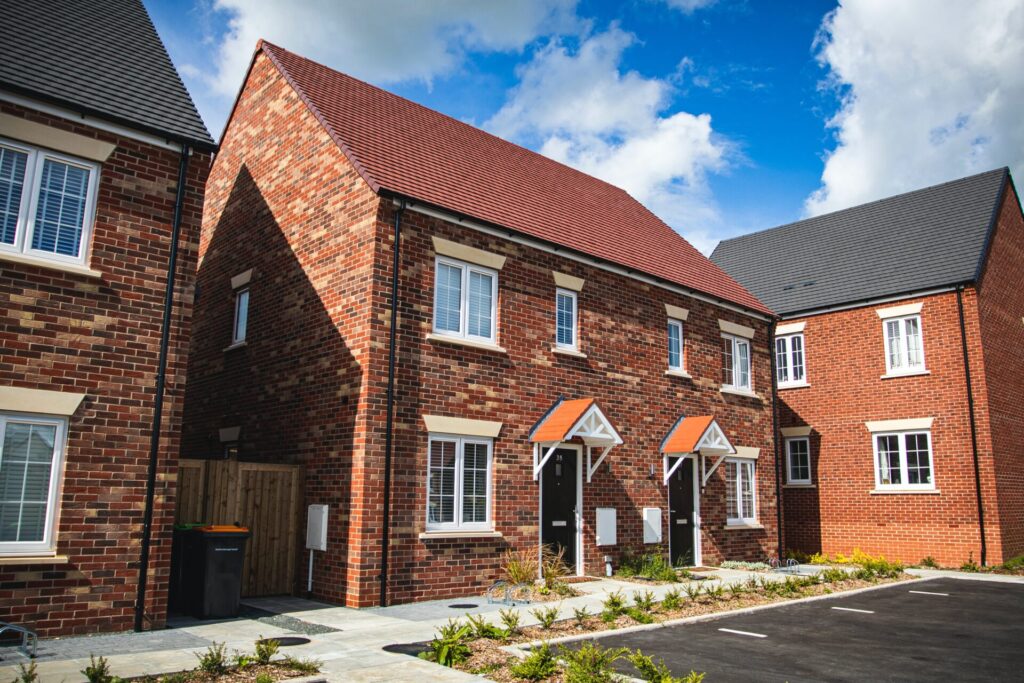Biggest mortgage lender has predicted property market is slowing down after house price boom.
The Halifax said prices rose by 0.4% in July, the first month since buyers in England and Northern Ireland had to contend with a less generous stamp duty holiday. Halifax price index
The bank said prices had been rising more sharply a year ago, so the annual rate of increase came down from 8.7% to 7.4% – its lowest level since March.
The monthly update on the property market showed a marked north-south divide, with London, the south-east and the east of England reporting the smallest annual price rises, while the biggest jumps were in Wales, the north-west and Yorkshire and Humberside.
House prices have risen strongly in the past year, helped by the decision of the chancellor to scrap stamp duty on purchases in England and Northern Ireland up to £500,000. The tax break was limited to homes up to £250,000 at the start of July and will revert to £125,000 in October. The holiday has already ended in Scotland and Wales.
123estateAgent is seeing more activity with the flat market. We have seen more buyers looking for property in the £300,000 region which was affected by COVID with the banks and building societies requesting higher deposit of up to 15%. We are looking forward for first time buyers coming to the market and lenders helping the younger generation.
Russell Galley, Halifax’s managing director, said July’s increase added more than £1,000 to the average house price, taking it to just over £261,000, up £18,500 on a year earlier.
“Recent months have been characterised by historically high volumes of buyer activity, with June the busiest month for mortgage completions since 2008. This has been fuelled both by the ‘race for space’ and the time-limited stamp duty break.
“With the latter now entering its final stages (the zero per cent rate only applies to the first £250,000 of the purchase price, before reverting back to standard rates from October), buyer activity should continue to ease over the coming months, and a steadier period for the market may lie ahead.”
Galley said a shortage of properties for sale and low interest rates would help to support prices over the coming months. Annual house price inflation would slow but remain “well into positive territory” by the end of the year, he added.Anna Clare Harper, the chief executive of the property consultancy SPI Capital, predicts that house prices will continue to rise faster than most people’s wages, driven by cheap borrowing and limited supply.
“The slight cooling-off in annual house price growth is not surprising as the boom in values has been directly caused by policies around the pandemic rather than happening despite Covid,” Harper said.
“Housing transactions and prices were encouraged by the temporary stamp duty reduction, which was designed to boost the housing market and confidence through the pandemic, as well as lockdown-led upsizing and a flight to safer assets. Alongside this, interest rates remain low, which helps to explain why house prices are rising so much faster than wages: money is cheap and accessible.”


